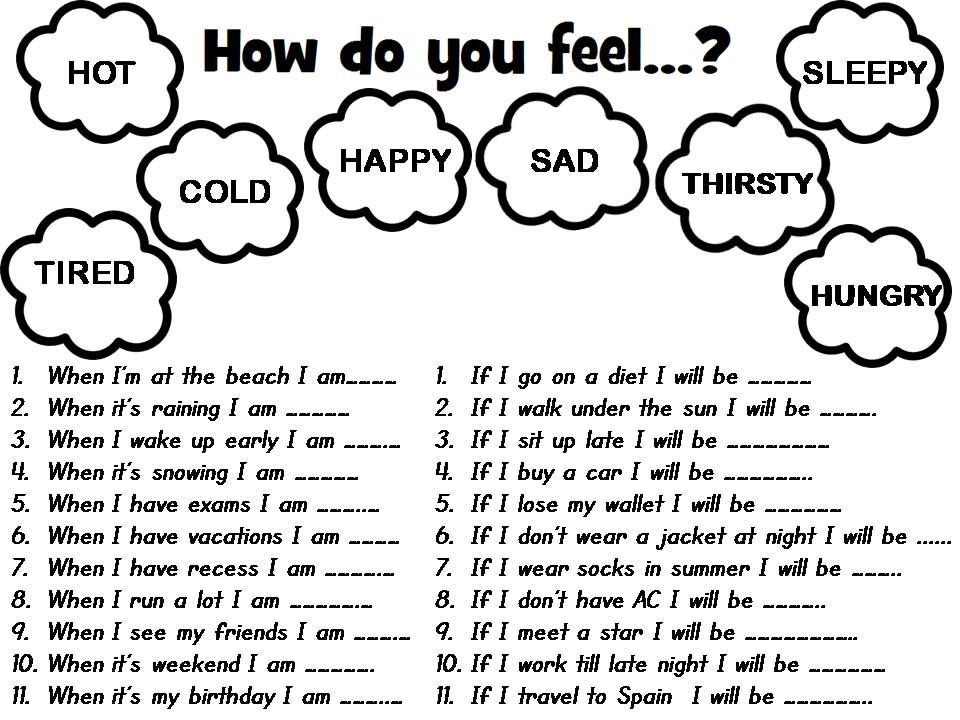Studying isn’t always stimulating — especially after a long day in class or at work, when your brain feels ready to shut down.
If simply staying awake while studying seems harder than quantum physics, try one of the following nine strategies to help you be alert and focused.
Movement is a well-documented energy booster. In addition to helping you stay awake, it may also help relieve exam-time stress and improve your ability to actually remember what you study.
A 2018 study of students of all ages — ranging from elementary school to college — found that 10 minutes of walking outdoors significantly improved students’ performance with memory, feature detection, and mathematical problem-solving tasks.
Aim to take a short break every 30 to 50 minutes to walk, dance, or do a few jumping jacks.
Our bodies are attuned to respond to environmental signals such as light and darkness. While the relationship between light and sleep is indirect — it’s possible to fall asleep in a well-lit room or to stay awake in darkness — light is a cue that can help promote wakefulness.
According to a 2017 study of zebrafish, this tendency may come down to a protein that’s activated when we’re exposed to light.
When it comes to studying, try to mimic a daytime environment with plenty of light. If it’s dark outside, a single lamp or overhead light might not be enough to keep you alert.
It might be tempting to get comfortable while studying, but it won’t help you stay awake.
Lying down is associated with increased activity in the parasympathetic nervous system, known for its role in functions such as “rest and digest.”
In contrast, sitting upright is associated with sympathetic nervous system activity. The sympathetic nervous system controls functions such as alertness.
A 2014 study analyzed whether sitting upright or lying down affected performance on a test of working memory.
The authors reported that when participants were lying down for the test, their self-reported sleep quality negatively affected their performance. Sleep quality didn’t affect performance when participants were sitting upright.
How does this relate to studying? If you’re feeling tired, sitting up may help you stay focused and alert.
You may also want to try standing up instead of sitting while you’re studying. Standing and moving around from time to time may help boost your blood circulation. This, in turn, may prevent you from getting sleepy.
If you live in a dorm room or shared apartment, the most convenient place to study might also happen to be the place where you usually sleep.
But it’s best to avoid studying in any place that you associate with sleep, which could leave you feeling drowsy.
When possible, study somewhere else, such as a library, coffee shop, or a dedicated, well-lit area of your home away from your bedroom.
By keeping studying and sleep areas separate, you’ll also be making it easier to turn off your brain when it’s time to go to bed.
Fatigue or sleepiness is sometimes a sign of dehydration. But dehydration won’t just drain your energy — it may also disrupt cognitive functions, making studying difficult.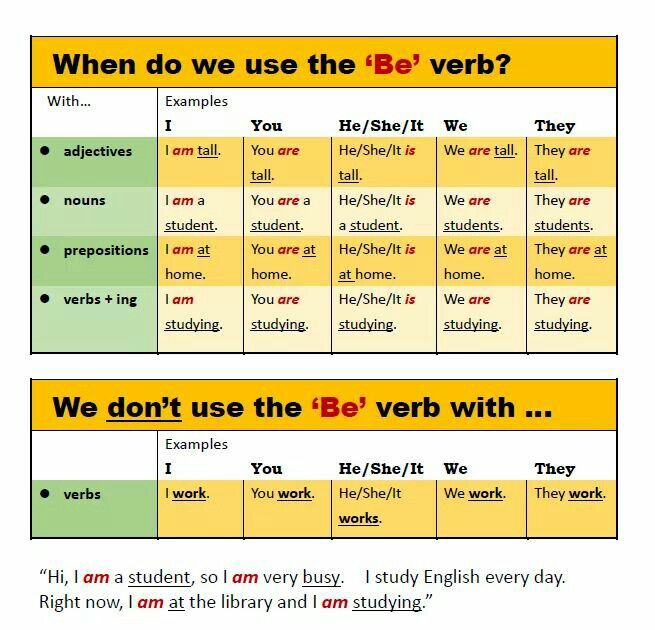
A 2010 review examined dehydration, including its effects on brain function. The authors reported that mild to moderate levels of dehydration might impair short-term memory, concentration, mathematical ability, alertness, and perception.
To ensure that you don’t doze off while studying, stay hydrated throughout the day. This is especially important if you’re physically active or live in a warm climate.
While how much you should drink varies from person to person, aim for around half a gallon per day.
What and how much you eat affects your energy levels.
While it may be tempting to treat yourself while studying, it won’t help you stay awake. Sugary snacks and junk food can make your blood sugar spike and then crash, leaving you feeling sluggish.
On the other hand, if you forget to eat or eat too much, you might find yourself dozing off.
Instead, aim for a diet of small but frequent meals. Make sure each meal contains protein, a complex carbohydrate, and a source of healthy fat. Some examples include:
Some examples include:
Reading and rereading class notes or a textbook might not be enough to keep you awake, let alone absorb information.
Keep yourself awake — and get the most out of your study sessions — by using active study techniques. To do this, try one or more of the following:
Avoid nodding off by talking through the material with a classmate, friend, or study group.
Not only is social studying more motivating and stimulating, it can also offer new perspectives and interpretations of class materials. Ask someone to explain a confusing concept to you, or solidify your own understanding by teaching the material to a peer.
If you prefer to study individually, you might find that simply studying in the presence of other people makes it easier to avoid falling asleep.
Sleep plays an important role in mood, attention, motivation, and memory — all of which affect learning. It’s no surprise then that poor sleep is associated with poor academic performance.
In fact, making sleep a priority — both in the short- and the long-term — might be the most effective way to stay alert when you’re studying.
In a 2019 study, students were presented with detailed factual information over 5 hours. Midway through the 5-hour period, they either took a 1-hour nap, watched a film, or crammed the information. They were tested on the material 30 minutes after the end of the learning period and 1 week after the end of the learning period.
The researchers found that after 30 minutes, students who had either crammed or napped were able to recall the information better than students who had watched a film. However, after 1 week, only the students who had napped maintained better recall of the information.
Make time for naps, and stick to a regular sleep schedule to help make studying easier.
Staying alert and focused can be challenging when you need to study, especially at the end of a long day. But there are ways to boost your wakefulness and avoid nodding off in the middle of a study session.
The key is to adopt healthy habits, like staying hydrated, eating regular balanced meals, getting exercise, and prioritizing your sleep whenever possible.
Other strategies that may help include studying with friends in a well-lit area, avoiding your bedroom, and using active learning techniques.
Do you ever catch yourself nodding off even though you have a test the next day?
If so, does that make you wonder how you can avoid sleepiness while studying?
As a student, I know schoolwork can tire you out. Studying requires a lot of concentration and time, especially during exam season.
Studying requires a lot of concentration and time, especially during exam season.
It’s only natural for feelings of fatigue to kick in after staring at your computer for hours or reading over pages and pages of notes – even if you’re well-rested.
But remember, you’re studying for a reason.
You want to master the concepts and get good grades. If you fall asleep while studying, you’ll waste valuable time.
To help you out, I’ve come up with 13 ways to stay awake during these crucial times.
Follow these research-backed tips on how to avoid sleepiness while studying, and you’ll ace your exams!
(Make sure to download the free quick action guide below too.)
FREE QUICK ACTION GUIDE:
The guide has already been downloaded thousands of times, so don't miss out!
As tempting as it may be to crawl into bed, get cosy, and start reading through your notes, avoid doing this. You’ve probably done this before and unintentionally fell asleep.
You’ve probably done this before and unintentionally fell asleep.
Research has found that your learning environment significantly impacts how you study and, in turn, how successful you are in school.
A variety of factors can affect your learning ability, including lighting and noise. An environment that promotes learning has been shown to motivate, engage, and increase the potential of students to learn.
So step outside of your comfort zone. Literally!
Avoid any place you associate with sleep or naps. Instead, venture to a café, a library, or even outside in nature to stimulate your mind and activate that “study time” state.
Sitting upright while studying has been known to enhance concentration and decrease fatigue.
Adopt a comfortable seated position and hold your head up high.
According to Upright, approximately 100 billion neurons and 1,000 trillion synaptic connections are found in the human brain. Your brain relies on these neurons and synapses for memory, concentration, and information transmission.
You’ll focus better once you improve your posture, by also improving your body’s oxygen and blood circulation. In addition, sitting upright helps to prevent you from falling asleep.
When it comes to avoiding sleepiness while studying, you need to have a plan in place that can guide you toward success.
Before you begin every study session, decide what you want to achieve during the session.
I recommend that you work in short, focused blocks of time of 30 to 40 minutes.
How does this method help you to avoid feeling sleepy while studying?
It allows you to devote your undivided attention to studying material for a set amount of time. You would also have specified exactly what material you intend to cover during the study session.
For example, you could break down the material into different sections and spend 30 minutes focused on each one.
Then you could take a break between each study session to recharge before diving into the next one.
Keep the breaks short – 5 to 10 minutes in general – so you stay on track to finish what you planned to work on.
The human brain is about 75% water.
When we don’t drink enough water, it leads to dehydration, which turns to fatigue, headaches, lack of mental clarity, stress, and sleep issues.
Of course, these are all issues that you want to avoid when studying.
Research shows that staying hydrated increases your academic performance. So always have a bottle of water next to you while studying to ensure that you stay hydrated.
If you want to feel energised and alert, choose a nutrient-rich diet high in protein to keep you going through your day (or night) of studying.
Add in fresh fruit, vegetables, and healthy fats to your diet too.
Healthy brain food for studying includes protein from sources like meat, eggs, poultry, fish, legumes, nuts, and seeds.
If you just read your notes or textbook passively, you’re bound to feel sleepy.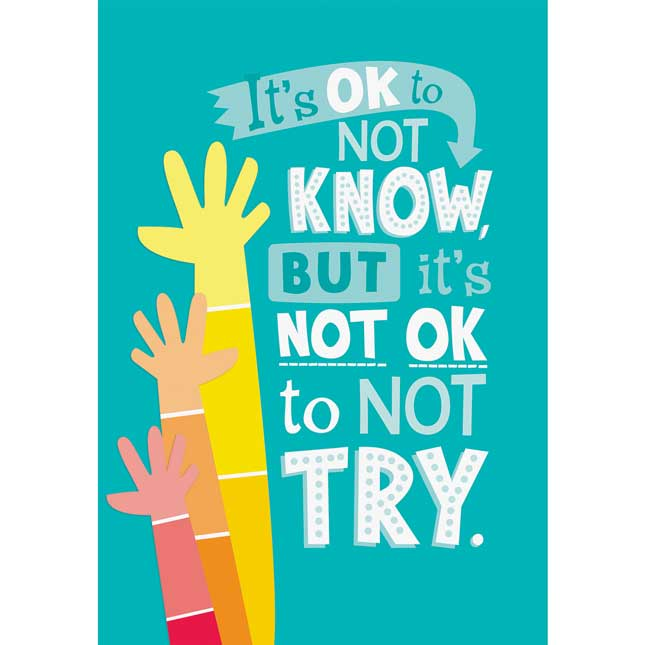 But if you learn the material actively, your concentration will improve.
But if you learn the material actively, your concentration will improve.
Here are some active learning methods I recommend:
Doing too much of one thing can become tedious.
That’s why switching up your tasks periodically can keep things interesting and prevent your mind from straying while you’re studying.
If you switch tasks too often (e.g. every 15 minutes or less), you’ll have difficulty concentrating deeply on the task at hand.
I recommend that you focus on one task for at least 30 to 40 minutes before changing to a different task.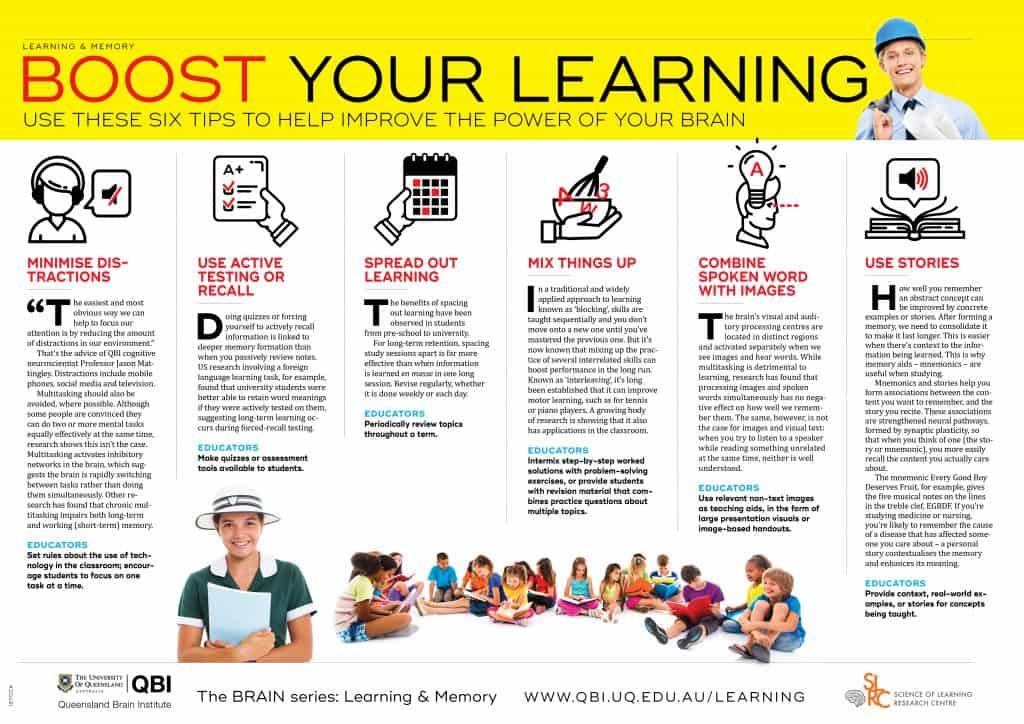
You could begin with one “type” of studying, such as reading through your notes and highlighting the key points. Then you could move on to another type of studying where you complete a few practice problems.
If you use this approach while also applying methods that enable you to study smart, you’ll be on the right track!
Daily exercise plays a big part in students’ mental and physical health. The benefits of physical activity are endless, from strengthening the body to refreshing the mind.
We are Fitness Freaks is an advocate of performing aerobic exercises to avoid feeling lethargic.
Starting your study session with a quick exercise like jumping jacks gets your heart rate up and improves your focus.
Adding jumping jacks to your daily routine elevates oxygen levels, boosts mental cognition, increases happiness, and enhances your overall performance.
You’ll be happy to hear that power naps are a good thing!
The health benefits of power naps include enhanced long-term memory, better logical reasoning, increased creativity, and improved cognitive performance.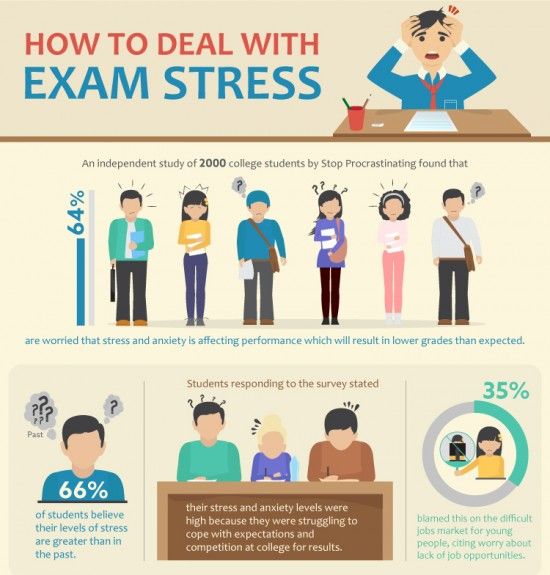
The ideal time to take a power nap is between 12:30 pm and 2 pm. You’ll want to avoid taking one too late in the day because it will affect your ability to sleep later on.
But if you have no choice but to wait until later in the day, a 10-minute power nap is ideal and won’t mess up your sleep schedule.
Feeling sleepy while studying? Your choice of lighting could be an influencing factor.
Did you know that the colour of light that you use while studying can have an impact on your level of sleepiness?
LED Lighting Info states that cool light colours – blues and whites – are the best LEDs for studying. By mimicking daylight, they help you stay awake and focused.
You’ll feel more attentive and alert when studying under cooler colours.
But starting a few hours before bedtime, I recommend that you study under warmer colours, such as orange and red. This is so you won’t have trouble falling asleep.
 Find a study buddy
Find a study buddyTwo minds are better than one – this also goes for motivation and moral support.
When you have a study buddy, you can motivate each other throughout your session. You can also test each other by asking questions and bouncing ideas off one another.
An advantage of this is that you’re less likely to fall asleep while studying in someone else’s company.
You’ll keep your mind stimulated and more alert. If you see your study buddy beginning to nod off, give them a gentle nudge and encourage them to keep going.
It might be strange to see a tip related to getting more quality sleep on this list, but I put it here for a reason.
Quality sleep can do wonders for your study sessions. The National Sleep Foundation recommends that healthy adults sleep between seven and nine hours per night.
This research study explored the relationship between sleep quality and academic performance in college students. The results showed that academic performance was positively correlated with longer sleep duration, higher sleep quality, and more consistency in sleep.
The results showed that academic performance was positively correlated with longer sleep duration, higher sleep quality, and more consistency in sleep.
So make it a priority to get to bed at about the same time every night, and wake up naturally without an alarm whenever you can.
Sometimes, using a guide to focus on while you study can help you stay alert.
For example, try using a pen as a guide while reading a textbook or your notes. You can also use your finger or any other suitable item you have on hand.
This will help you to concentrate and will prevent you from daydreaming. Your reading efficiency will also increase!
Studying can be a tedious task that may cause students to feel tired and fatigued.
But if you want to learn as effectively as you can, then it’s vital to find an approach that works for you to avoid sleepiness.
By following the tips in this article to stay awake while studying, you’re sure to become a better student!
FREE QUICK ACTION GUIDE:
The guide has already been downloaded thousands of times, so don't miss out!
Whether we like it or not, the labor market is changing, and employers are increasing the requirements for employees.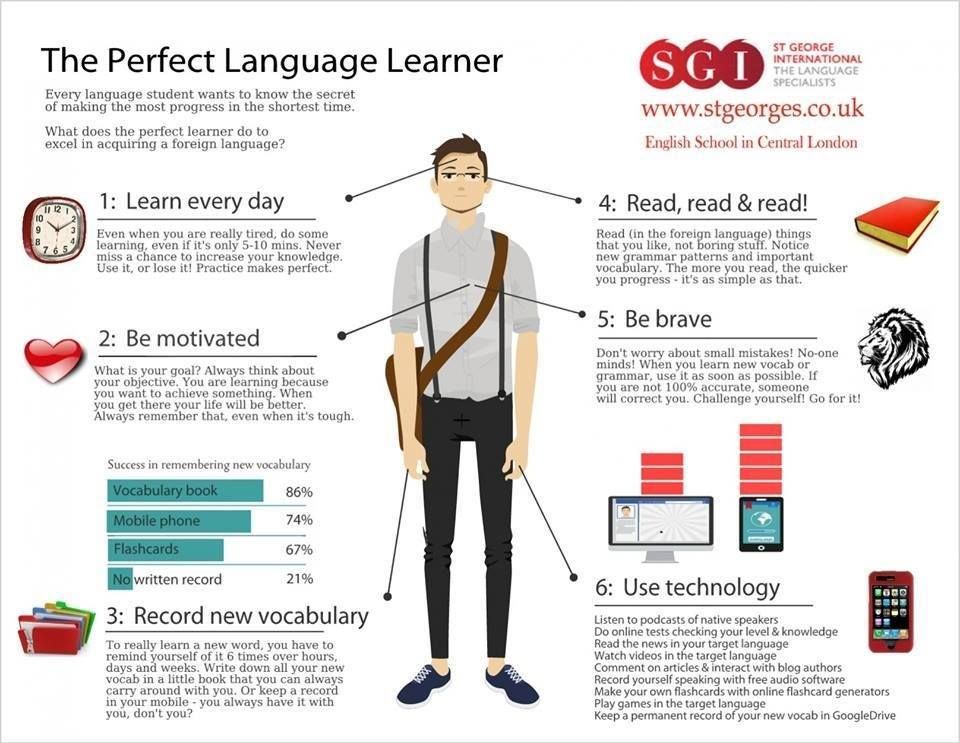 Innovations and trends are characteristic of almost all areas, and the knowledge that higher education provides is often not enough. To be in demand, you will have to engage in self-study at the age of 20, and at 40, and even in retirement. Otherwise, there will be someone who will do your job better than you.
Innovations and trends are characteristic of almost all areas, and the knowledge that higher education provides is often not enough. To be in demand, you will have to engage in self-study at the age of 20, and at 40, and even in retirement. Otherwise, there will be someone who will do your job better than you.
Experts say that in the next five years, the Kazakh labor market is waiting for a boom in professional certifications. Instead of a diploma, the employer will ask the employee for an international certificate confirming his competence. Whether you decide to learn a foreign language, improve your skills, or master another specialty, you will need to memorize a lot of new information. We tell you how to do it more efficiently. Let's start with the basics of self-learning.
The more responsibilities, the more difficult it is to find an extra hour for training. Remember, every free minute counts. If your smartphone is not useful for studying, put it away. The same goes for social media and email. The more you spread your attention, the longer you will have to focus on work each time. At best, you will lose a few minutes, and at worst, you will not achieve results. To avoid this, choose a time for classes when you are most productive, and set a schedule for checking mail and instant messengers. For example, 10 minutes in the morning or in the afternoon.
The same goes for social media and email. The more you spread your attention, the longer you will have to focus on work each time. At best, you will lose a few minutes, and at worst, you will not achieve results. To avoid this, choose a time for classes when you are most productive, and set a schedule for checking mail and instant messengers. For example, 10 minutes in the morning or in the afternoon.
Try to divide your tasks into two lists according to the method of American billionaire investor Warren Buffett. Write down 20-25 things you have planned for the next week and choose the 5 most important ones. The first list will consist of them, the rest will go to the second. Forget about it until you complete the priority tasks, and only then take on secondary tasks. The same principle works in teaching. Understand what you need to learn first and the rest will have to wait.
Comfort does not stimulate us to learn more, stress, on the contrary, activates the parts of the brain responsible for the assimilation of new knowledge. This can be compared to being in an unfamiliar country, when in the first days everything is new and you need to communicate with the locals in order to get your bearings. Leaving your comfort zone is easier than you think.
This can be compared to being in an unfamiliar country, when in the first days everything is new and you need to communicate with the locals in order to get your bearings. Leaving your comfort zone is easier than you think.
If you are learning a foreign language, visit a place where native speakers gather and practice, watch foreign films and news. A portion of reasonable stress will also provide you with a difficult task, for which you will need to study something, a change in your personal schedule, or the company of people who understand something better than you. Lots of options, try it.
At school we were told that while we were writing, we automatically memorized some of the new information. Alas, this is not always the case. Without a thought process, we only translate paper. Much more information will remain in memory if you become a creative editor of your notes. To do this, you need to learn how to weed out the excess, reduce and write down your own conclusions.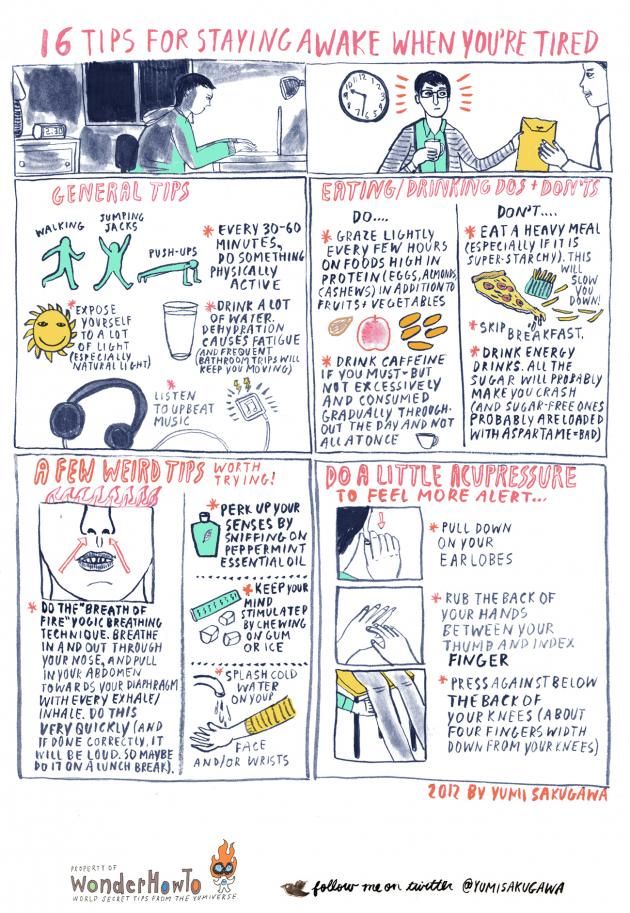
If you add a little imagination to the process and make a connection between new knowledge and your experience, the information will be stored for a long time. Tony Buzan's mind maps and the scribing method can help with this. The first technique proposes to systematize all the key information in the form of a diagram, highlighting the main links and drawing logical connections between them. Scribing works in a similar way, in addition, it involves imaginative thinking and associations. You do not need to be a great artist to draw a little in a notebook, remembering the meaning of new concepts and terms through simple pictures combined into a diagram.
Remembering everything at once is unrealistic, because the brain processes new knowledge and connects it with the existing ones. A new associative chain appears in memory, and this takes time, at least one day. Therefore, information must be repeated at intervals. On the first day, repeat the material immediately after training, so after 15-20 minutes and after 6-8 hours, preferably before bedtime. Don't forget to review what you've learned within a week. To memorize foreign words, flashcards or mobile applications are useful. Another proven way to train your memory is to tell friends, relatives and acquaintances what you have learned. So you will understand what you forgot and what you remember.
Don't forget to review what you've learned within a week. To memorize foreign words, flashcards or mobile applications are useful. Another proven way to train your memory is to tell friends, relatives and acquaintances what you have learned. So you will understand what you forgot and what you remember.
When you don't get enough sleep or fall down from fatigue after work, the brain does not want to learn. If you want to keep up with everything and remember well, you need to restore strength in time. Knowledge is fixed in memory during the deep sleep phase, so it is important to fall asleep within 12 hours after learning.
Any physical exercise will also help in memorization. Increased blood circulation stimulates brain activity, and it also relieves lethargy. The hippocampus is responsible for long-term memory in the brain - a paired formation located in both hemispheres, where new nerve cells are formed. For their construction and strengthening of old cells, a special type of protein is responsible, the production of which is stimulated by training.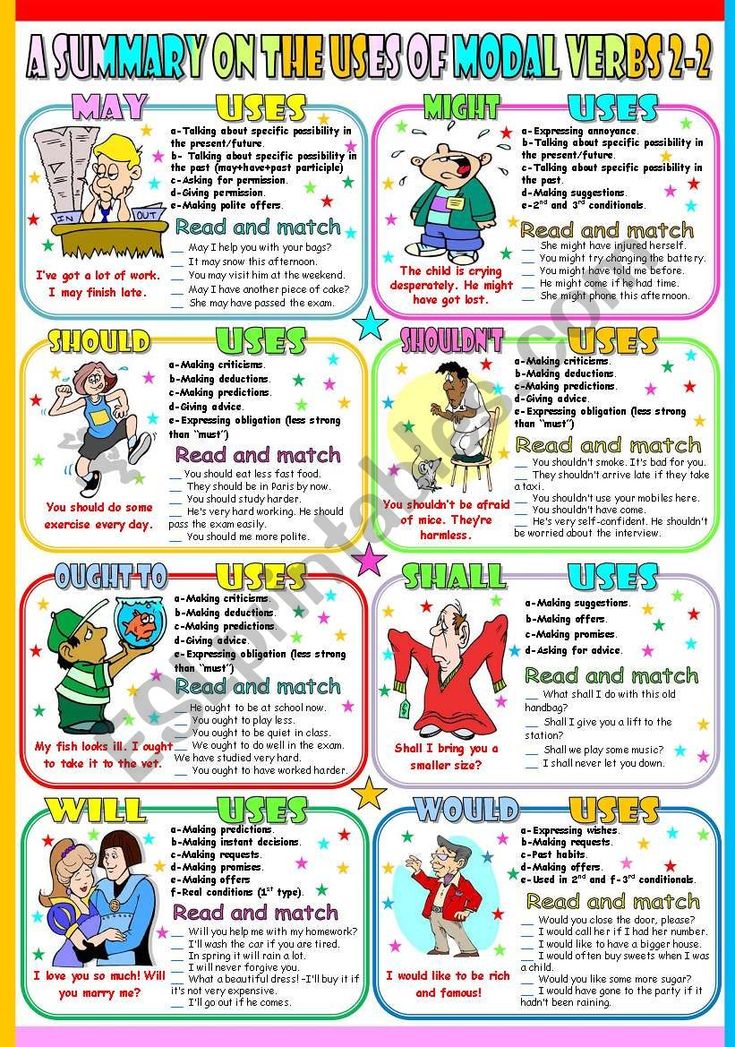
Use all available and interesting ways and resources in your learning. In addition to classic classes and online courses, search for videos and podcasts related to your topic. Surely Telegram and YouTube have thematic channels about your field. The easiest way is to learn languages. Combine the learning process with what interests you by learning new words through videos, series, songs, educational blogs and in the company of foreigners.
We spend most of our lives learning new things. This applies not only to school and university, but also to adult life, when, it would seem, education is a thing of the past.
Pupils and students have to struggle with insurmountable fatigue that prevents them from achieving success. Faced with the desire to lie on the couch, to put off studying until better times, many reproach themselves for their lack of willpower and feel guilty.
To understand why fatigue occurs at the moment when mental activity is required, it is necessary to understand what mechanisms are responsible for this.
Fatigue is a lack of motivation. In other words, you do not see the meaning and benefit for yourself from studying. Learning becomes a daily torment and is accompanied by fatigue, which manifests itself in constant procrastination, distracted attention and low efficiency.
Few people manage to avoid such phenomena. During exams, fatigue is understandable, because preparing for them is stressful for the body. But sometimes you have to deal with a constant feeling of fatigue as soon as you need to study.
If you constantly feel tired when it's time to study, think about it - maybe you are not doing your job? Perhaps, in this way, your body signals that studying at the university is not your sincere desire, but a forced necessity or requirement of your parents.

Psychologists have long faced "burnout" in their studies. The student has a sense of the meaninglessness of learning. This can manifest itself in emotional and physical fatigue. In this case, it is advisable to make sure that there are no medical reasons that could reduce your performance.
We have put together a few tips for you to help make your learning process effective. They are applicable to any learning: at school, for online learning or studying at the university.
It is common for many of us to have a vague idea of the goal we want to see at the end of the training. This prevents us from assessing our effectiveness - how quickly we are moving towards our goal. If we do not see the result, then the motivation will decrease, which means that the body will “sabotage” all our efforts. This is how fatigue sets in.
To clearly see the desired goal, write down the end result and the step-by-step actions to be taken. Refer to your list and adjust it if necessary. Each time you cross off another item from your plan, you will see how the goal is approaching.
Refer to your list and adjust it if necessary. Each time you cross off another item from your plan, you will see how the goal is approaching.
Make a study plan for yourself and identify the most difficult topics. Starting with those that require more effort, you will see the result in the first stages, and this will give you the strength to study the planned volume. Usually, performance is higher in the morning, so it is easier to complete the most difficult tasks in the morning.
Try to study at the same time in order to develop a habit. So it will be easier for you to start learning and not be distracted by chatting with friends or reading social networks.
If you find like-minded people, this can be a good incentive for all participants in the study. The slight competitive effect that comes with co-education won't let you relax.
In this situation, it is important to choose friends with whom you have the same views on studies.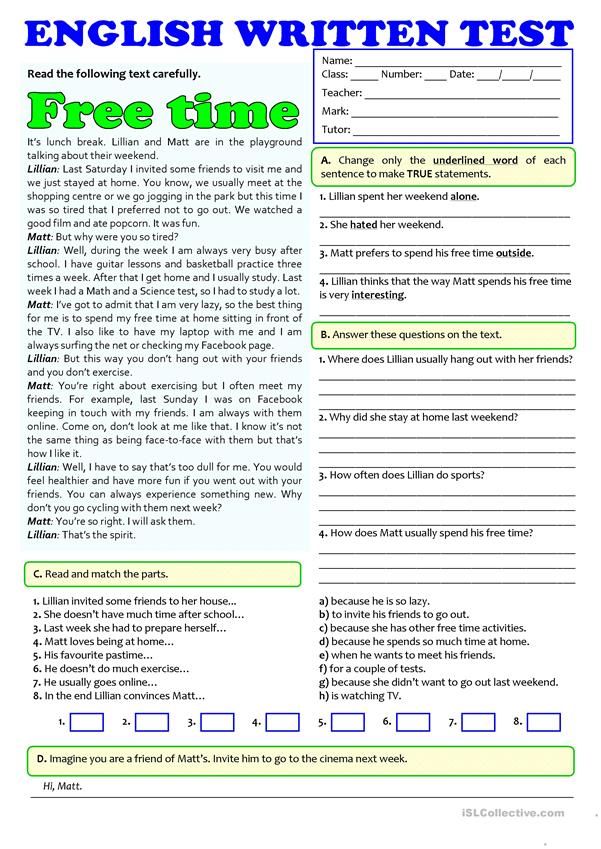 Common interests, the opportunity to ask questions and lead a discussion will make learning interesting and exciting. You can turn study into a game, which will immediately eliminate boredom and fatigue.
Common interests, the opportunity to ask questions and lead a discussion will make learning interesting and exciting. You can turn study into a game, which will immediately eliminate boredom and fatigue.
This tip is especially important for distance learning. When you are “your own boss”, both excessive attention to study, which will lead to “burnout”, and procrastination are likely.
Procrastination is a phenomenon that is hard to deal with. Surely, you remember the cases when, instead of studying, time was spent browsing social networks, doing small and unimportant household chores. Procrastination is considered the disease of our age.
Fatigue and boredom, like fire, are “afraid” of changing activities. Therefore, do not forget about fitness and regular daily walks. At first glance, it may seem that the more attention is paid to study, the more information can be remembered.
This is an erroneous opinion, because the brain gets tired and cannot absorb new knowledge.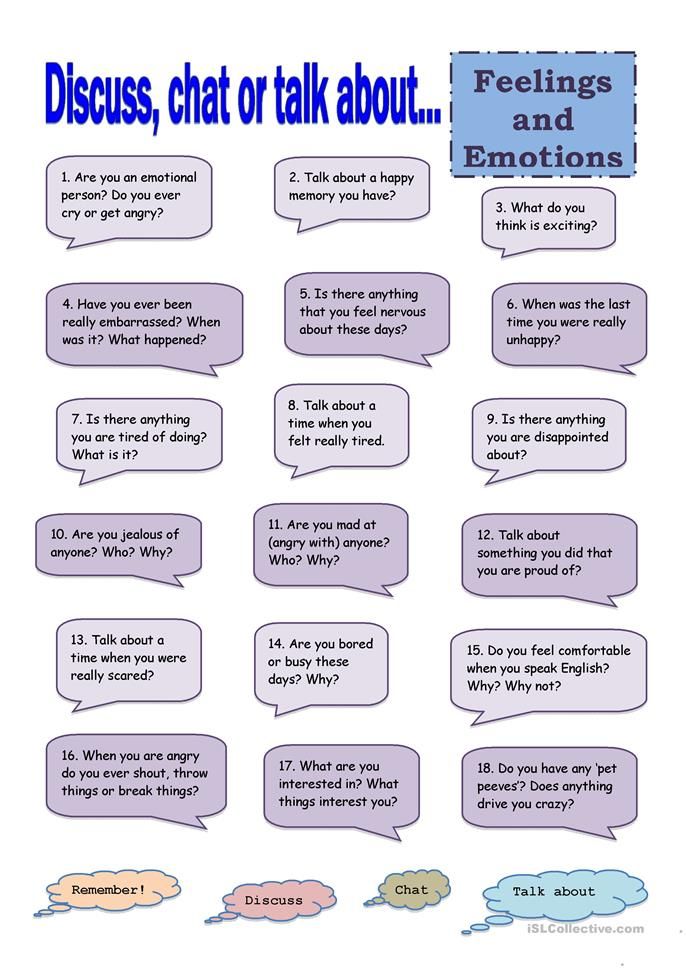 Your memory becomes like a leaky sieve in which nothing lingers. Changing activities is useful because physical activity stimulates the brain and makes learning productive.
Your memory becomes like a leaky sieve in which nothing lingers. Changing activities is useful because physical activity stimulates the brain and makes learning productive.
A natural response to fatigue is sleepiness. However, do not fight it and deny yourself a dream. Of course, you need to sleep at least 7-8 hours a day. You will be surprised, but a child's need for an afternoon nap will have a positive impact on the volume and quality of the memorized material.
During sleep, knowledge is structured and gets into long-term memory. Even studying at the university allows you to set aside 20-30 minutes for an afternoon nap.
But don't fall into "winter hibernation", devoting 1.5-2 hours a day to sleep. Instead of cheerfulness and clarity of mind, you run the risk of getting even more tired and drowsy.
Often, fatigue is the result of an incorrectly compiled menu. Fast carbs found in buns, sodas and snacks provide an instant energy boost.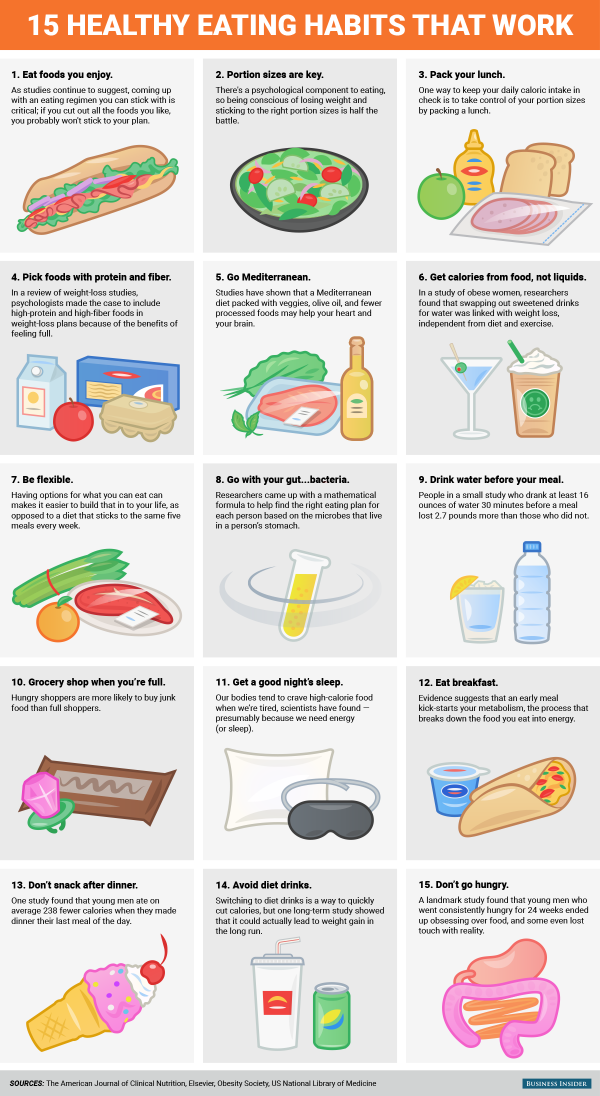 But… energy disappears just as quickly, so there is a decline in physical and psychological strength. A new portion of recharging is required, which will also not last long. And then another circle, and another ...
But… energy disappears just as quickly, so there is a decline in physical and psychological strength. A new portion of recharging is required, which will also not last long. And then another circle, and another ...
So that food does not play a trick on you, choose protein foods in combination with slow carbohydrates.
Meat, fish, eggs - a necessary source of protein for brain function. And slow carbohydrates, which are found in vegetables, cereals and whole grain bread, will provide you with energy.
Try to have breakfast, lunch and dinner at the same time. The absence of hunger or, conversely, overeating, will help you focus on your studies immediately after eating.
Along with setting a goal, choose a small gift for yourself. A favorite game, a meeting with friends in a cafe, and just a big cone of chocolate ice cream - anything can be a reward for diligent study.
The anticipation of pleasant emotions will help you not to be distracted and persistently move towards the goal.